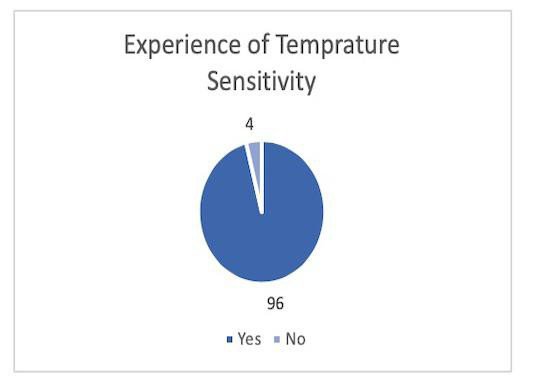
Jasmine O'Garro
Ergonomics (Human Factors)
Final year project
An evaluation of thermal resilience techniques used by Multiple Sclerosis patients.

Jasmine O'Garro
Multiple sclerosis (MS) is an autoimmune neurodegenerative disease. Around 100,000 people in the UK suffer with MS. Patients experience a range of sensory, motor and cognitive symptoms due to lesions formation in the central nervous system which is caused by demyelinated of nerve cells. MS symptoms can be temporality exacerbated with elevations / decreases in body temperature.
Background Temperature sensitivity is caused primarily by the slowing, or complete blocking, of neural conduction within the central nervous system. This is cause by changes in body core temperature, and potentially in skin temperature. The extent of demyelination and the degree of change in body temperature both effect the magnitude of symptom worsening. Temperature sensitivity As one of the many side effects of MS, patients can experience temperature sensitivity issues, which can aggravate existing symptoms. With up to 60-80% of patient’s experiences temperature – either heat sensitivity, cold sensitivity or both. There is currently no pharmacological intervention that can lessen the burden of temperature sensitivity. Several methods of coping with temperature sensitivity have been developed (e.g. using cooling vests for heat or using hot water bottles for cold) yet there is little knowledge on how practical and beneficial these strategies are, and how they impact on patients in their day to day living. There is also little literature guidance available online or provided by medical professionals for patients to follow in regard to temperature sensitivity which can make its management disheartening. Aim The aim of the research project has been to evaluate methods (both product and non-product based) used by MS patients to combat their temperature sensitivity. The gathered information has been used to inform practical patient centred approaches to reduce the burden of temperature sensitivity in the MS clinical population to improve quality of life and disease management. Methods This research project included an online survey composed of a sample size of 454 participants, followed up by two focus groups of 6 and 5 participants respectively. Conclusion Overall it was found that patients would appreciate more streamline guidelines on how to deal with their temperature sensitivity. A range of product based suggestion where also noted by participants many of which are currently available and are deemed to work for ameliorating patient symptoms.
Placements
July/2017 - July/2018
Human Factors Engineer - Mylan